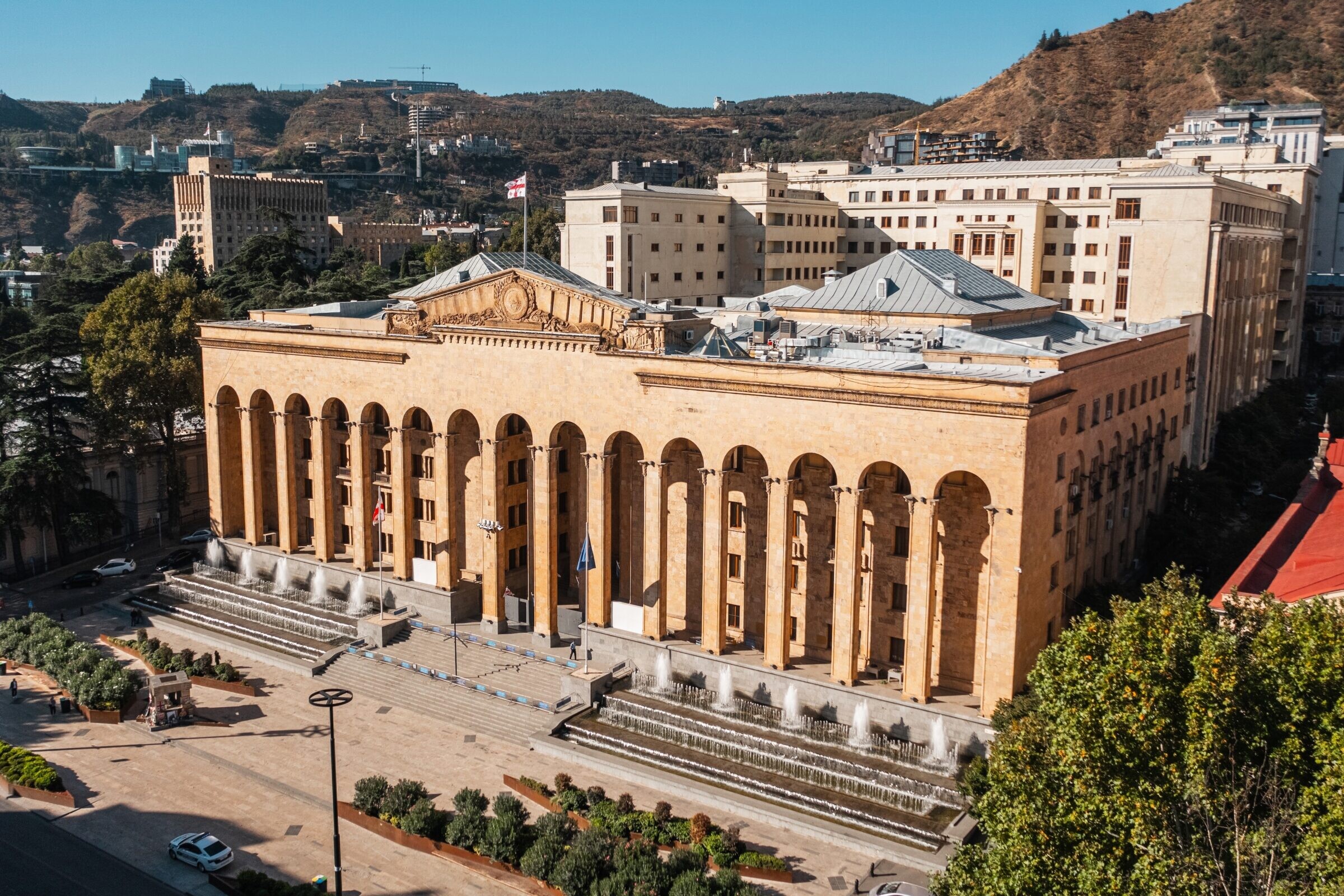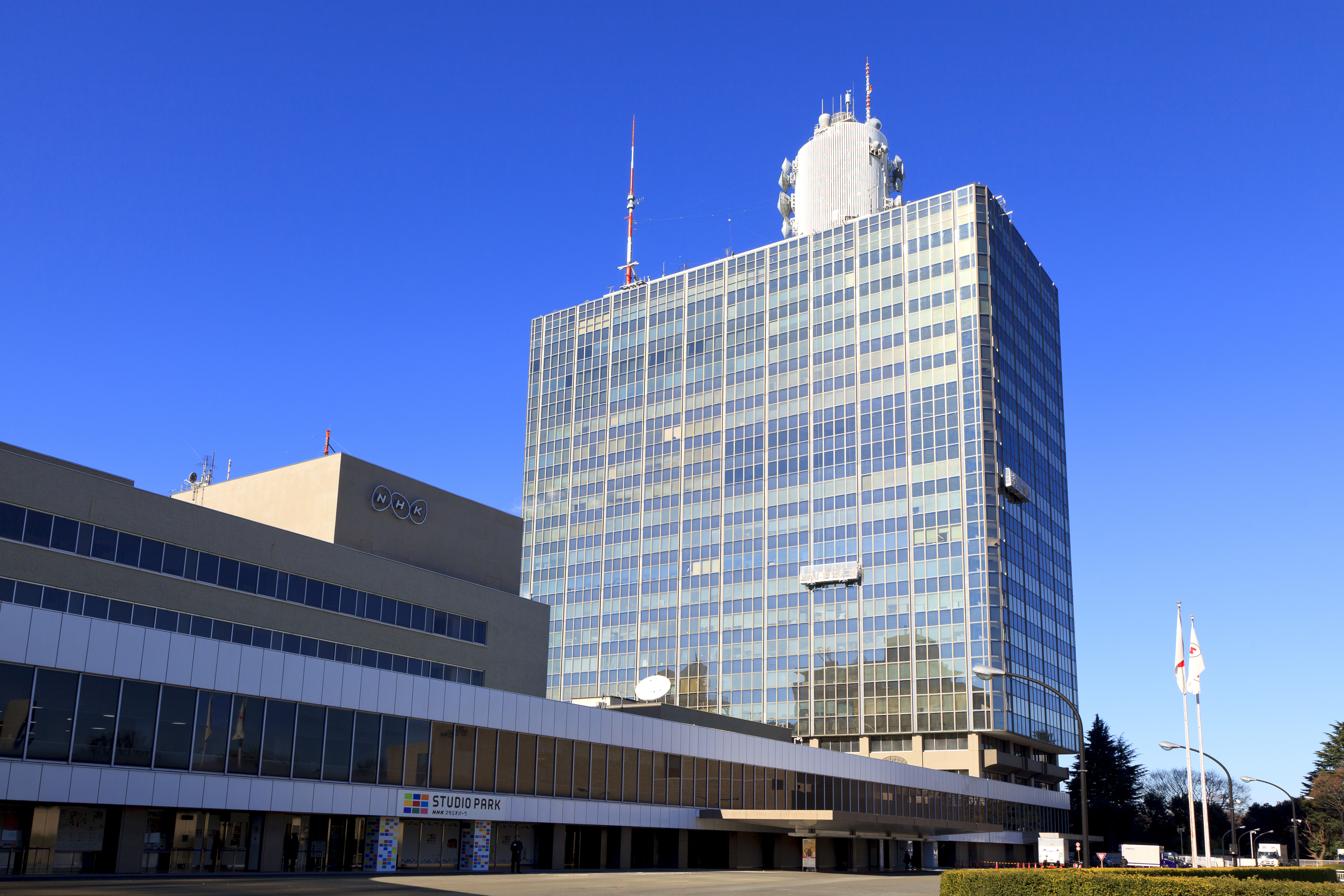The PMA Briefing
Public media in the eye of the politicians
22 January 2025
A political party in Norway has outlined its plans to privatise NRK, and Taiwan’s opposition party has proposed a funding decrease for PTS; meanwhile, a funding alteration, supported by KBS has been shot down by Korea’s Acting President, and in South Africa, a new review will examine SABC’s funding set up.
Norway: Party wants to privatise NRK
A rightwing party in Norway, the Norwegian Progress Party (FrP), has announced it wants to sell and privatise the public broadcaster NRK, arguing it hinders competition and diversity in the Norwegian media market. The party’s media spokesperson, Silje HJemdal, said the prominence of the public broadcaster could be a problem when it comes to fighting disinformation, which they said required a wide media diversity.
The FrP – which has the fourth largest number of seats in the Storting – said that NRK’s publicly-funded model, which has, to a certain degree, provided protection from the financial challenges faced by other media outlets, is outdated and has enabled its dominance over the Norwegian media market.
However, the Frp’s proposal was met with strong disapproval. The Minister of Culture and Equality (Labour Party), Lubna Jaffery, said the public broadcaster has an essential role to play in Norwegian society, at a time where the country is being subjected to attempts to foreign influence, including from neighbouring Russia. In times of crisis, NRK is one of the essential emergency broadcast services, and its privatisation could undermine the preparedness of the country.
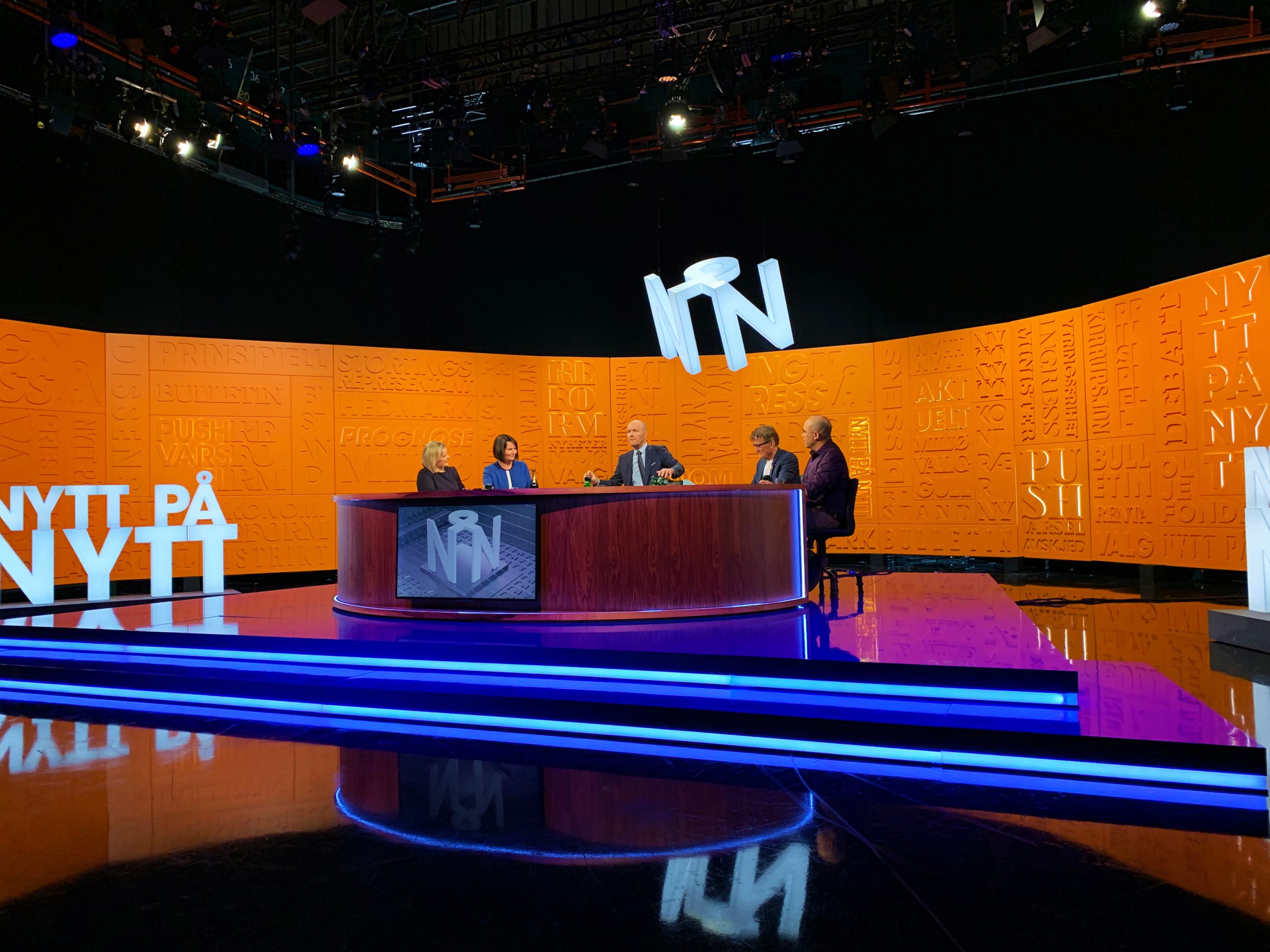
Peru: Reform for IRTP
New regulations have been passed in Peru, designed in part to further decentralise the National Institute of Television and Radio (IRTP) and expand its national scope. In a statement on the government website, the IRTP said the reorganisation reinforces a commitment to modernise the State. The new regulations, it said, establishes a modern and efficient structure with clear hierarchies and reduced duplication. It’s hoped this first phase of changes will eventually allow for more modern content, optimising resources and greater transparency.

Serbia: Protests outside RTS
Tens of thousands of people have protested outside the headquarters of Serbia’s public broadcaster over its coverage of months-long protests. Those outside RTS condemned what they called pro-government bias, and demanded objective coverage.
Largely led by university students, protests have been held daily across Serbia since November, when 15 people were killed in the city of Novi Sad when the roof collapsed at a railway station. The protests have since grown into a widespread protest against the regime of Aleksandar Vucic and growing autocracy in Serbia. Those at last week’s protest claimed coverage had been slanted, particularly when RTS reported Vucic’s claims that the students were funded by foreign actors to topple his regime.
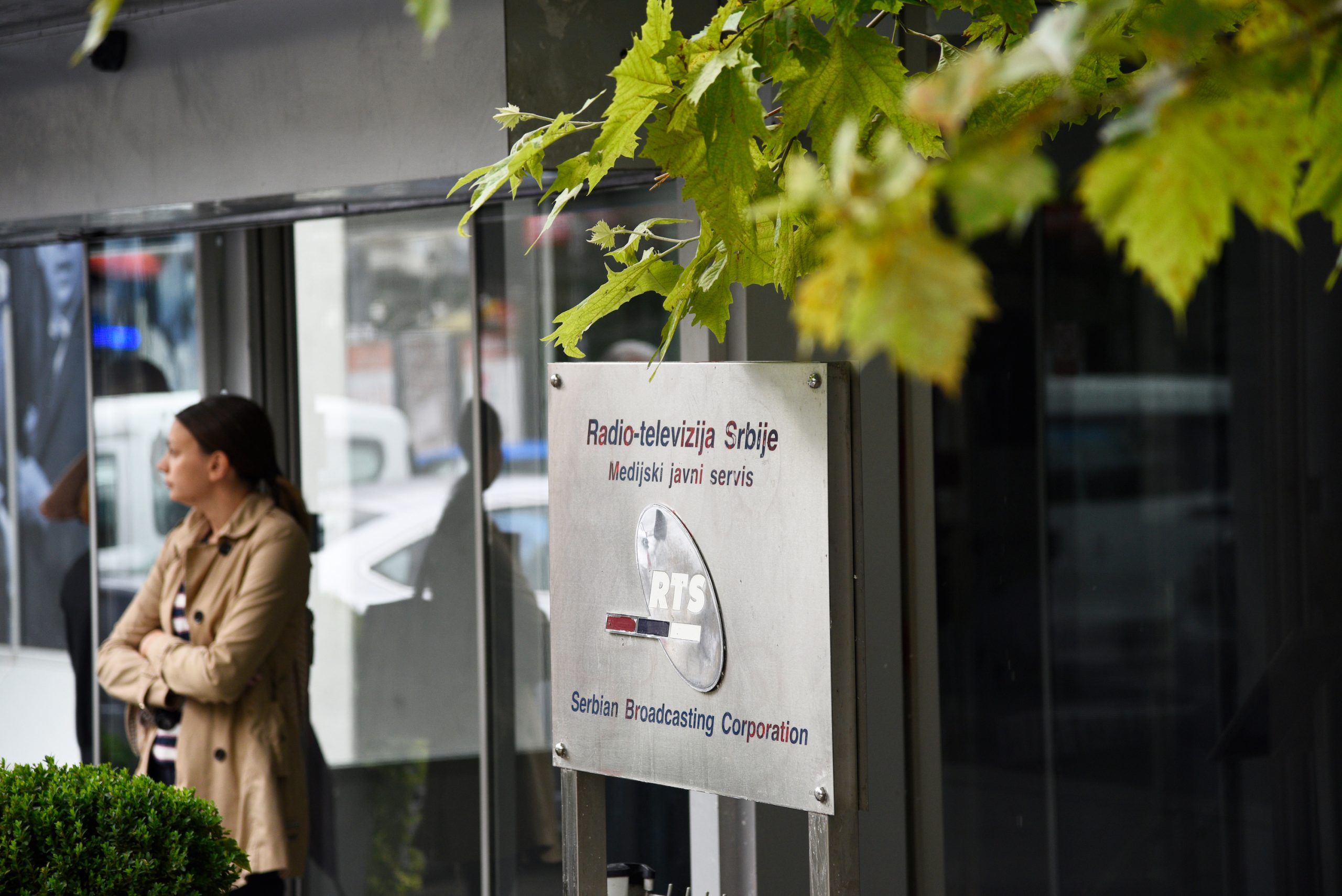
South Africa: New funding model to be found for SABC
South Africa’s Communications minister, Solly Malatsi, has confirmed plans to review the SABC bill and replace the TV licences with a new funding model. Last week, the National Congress disagreed with Malatsi’s withdrawal of the SABC bill from Parliament, as he did so without prior approval.
The communication minister emphasised the need to revise the bill so it reflects the current media landscape. The review should include various stakeholders in order to ensure that the future funding model chosen is not only sustainable, but more importantly that it guarantees the financial independence of the public broadcaster. According to Business Tech, the latest SABC financial report showed that fee evasion skyrocketed last year, with a rate of 86% in 2024. This report also highlighted the dire financial situation of the public broadcaster, which has been cash-strapped for years. It revealed the SABC was technically insolvent and it might not be able to meet its financial obligations in the coming years if no sustainable financial solution is found.
As media consumption evolved, with people increasingly migrating to other devices than TV, the SABC reportedly proposed for a household levy to be implemented, in order to include South Africans consuming their content on mobile phones and other digital devices.

South Korea: KBS says funding amendment veto is “regrettable”
A proposal to re-integrate the collection of the licence fee which funds South Korea’s two public broadcasters, KBS and EBS, has been shot down by the country’s interim president, to the dismay of the broadcasters. The licence fee used to be collected by the state-owned electrical-distribution company, but was separated in 2023, meaning the public broadcasters had to fund the collection by themselves, leading to a funding crisis for the organisation.
An amendment to the Broadcasting Act, which would see KEPCO resume its role of collecting the licence fee, was passed by the Legislation and Judiciary Committee and handed over to the government on 10 January. Both KBS and EBS supported the amendment. However, the country’s Acting President, Choi Sang-mok vetoed the bill, meaning the funding setup will remain the same as it is, to the regret of KBS and EBS. In a statement, KBS said the decision was “regrettable”.
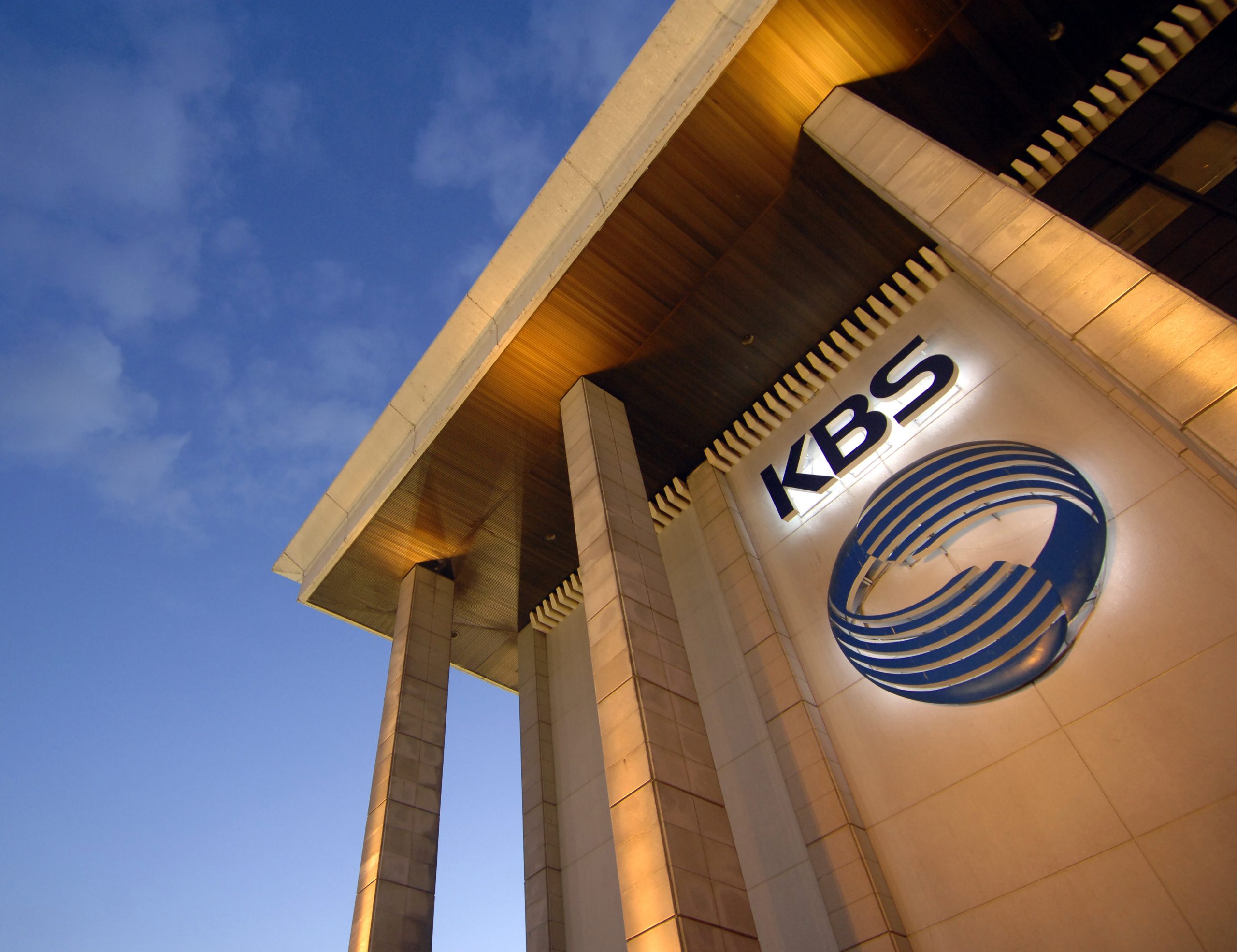
Taiwan: PTS pushes back against funding threats
Public Television Service (PTS) Taiwan has pushed back against calls from the Kuomintang (KMT) party to have their funding reduced. A member of the centre-right party, Wang Hung-wei (王鴻薇) proposed a one percent reduction in their overall budget, according to Taiwan News.
The KMT is the largest party in the Legislative Yuan, but in opposition to the minority government, and the Presidency, both run by the Democratic Peoples’ Party (DPP). KMT accused PTS of showing bias towards the DPP. It had initially suggested scrapping the entirety of PTS’ NT$2.3 billion budget, but faced a severe backlash. The revised proposal to reduce PTS’ funding by one percent will now go to the Legislative Yuan, along with other budgetary recommendations.
PTS meanwhile defended its role in society and its funding. In a statement from the board of directors and supervisors, they said they “are still deeply uneasy and specifically appeal to legislators to support the government’s donation of the PTS budget to benefit our country. Develop public media and protect the rights and interests of all people to watch.”

Featured Image Credit: Dylan Barnes / Shutterstock.com
Related Posts
22nd January 2025
Local news matters: CBC to hire more journalists, launch new platforms
CBC News is expending its local…
15th January 2025
Funding reforms enacted, pondered, and needed | The PMA Briefing
UK Gov't is mulling the future of the…
10th January 2025
Why Meta fact-checking cuts highlights vital role of public media
Cuts to Meta fact-checking in favour of…
8th January 2025
Funding questions at the start of the year | PMA Briefing
Belgium’s RTBF faces austerity;…

